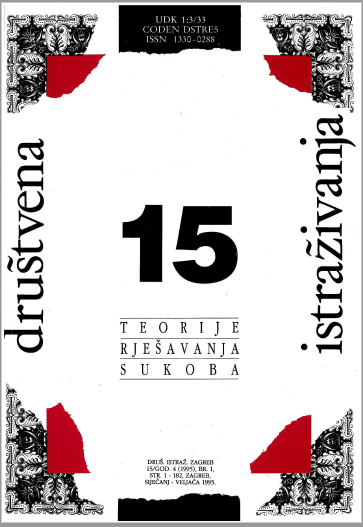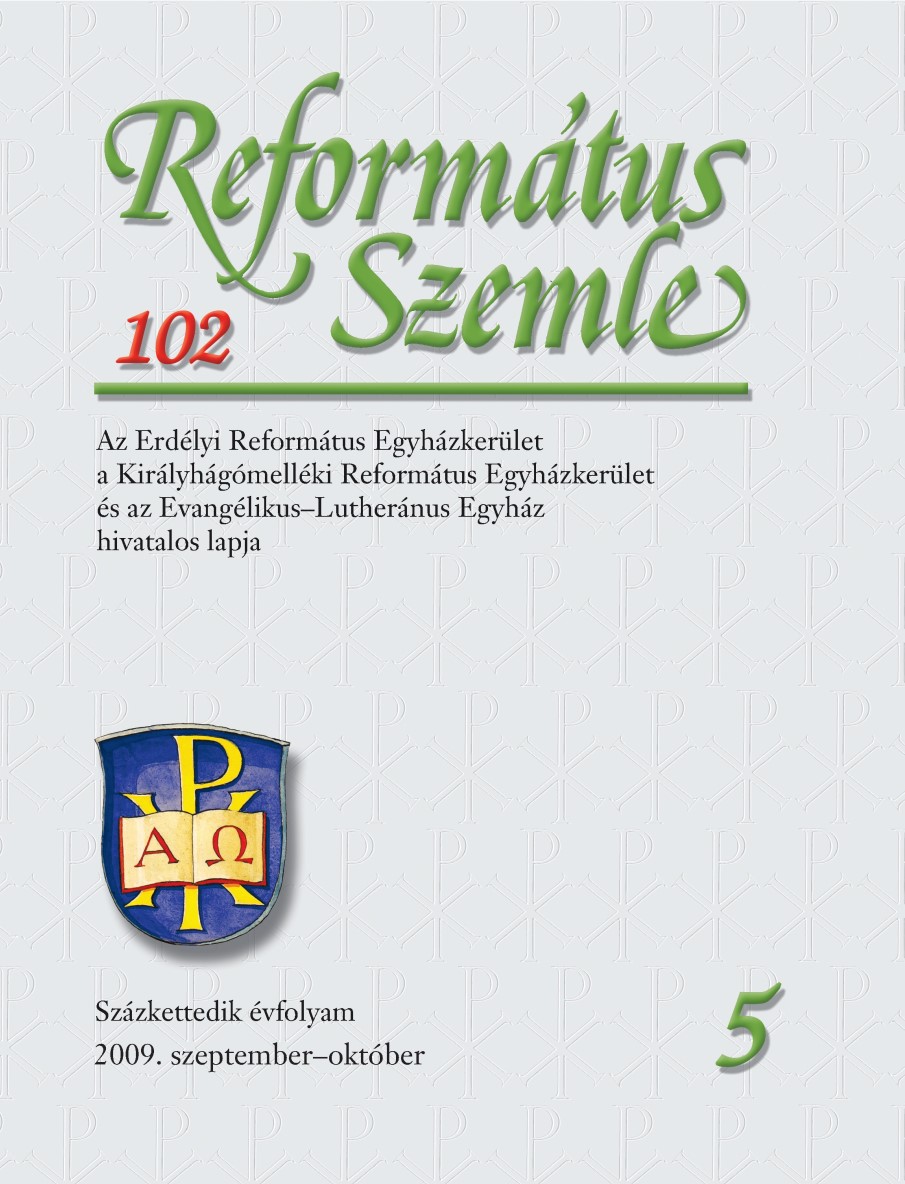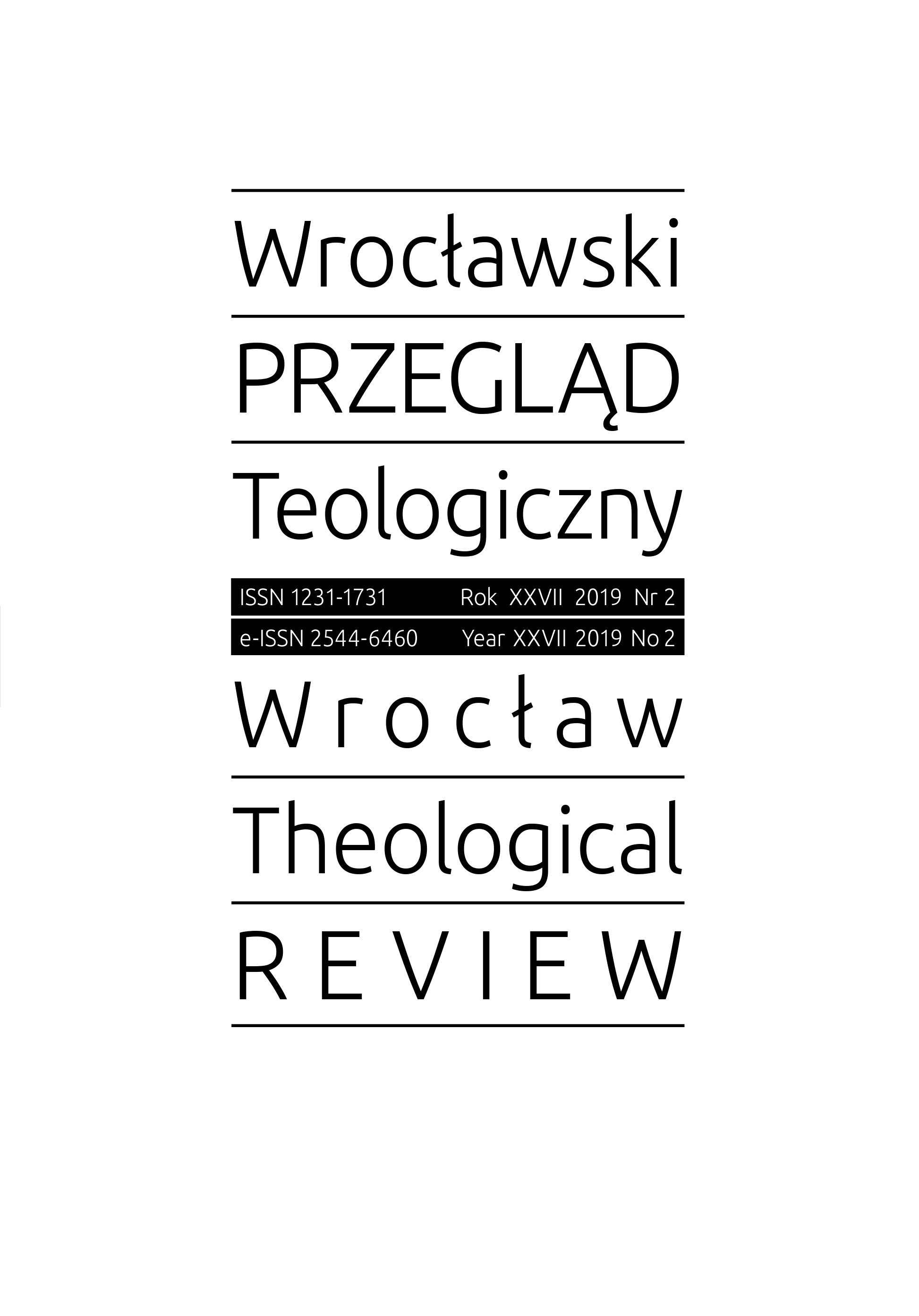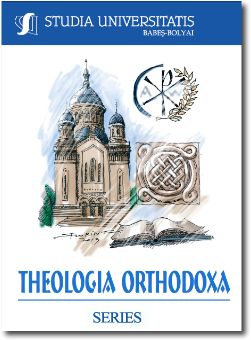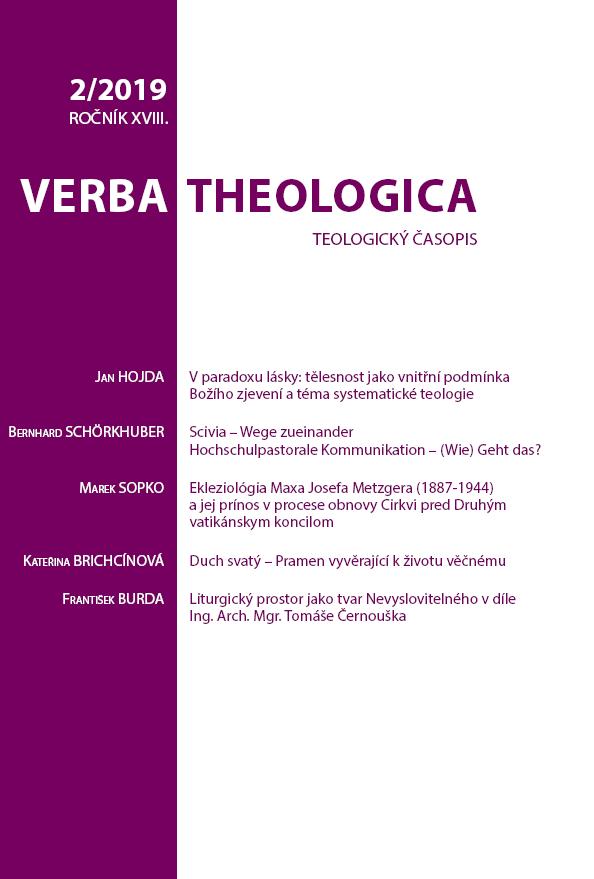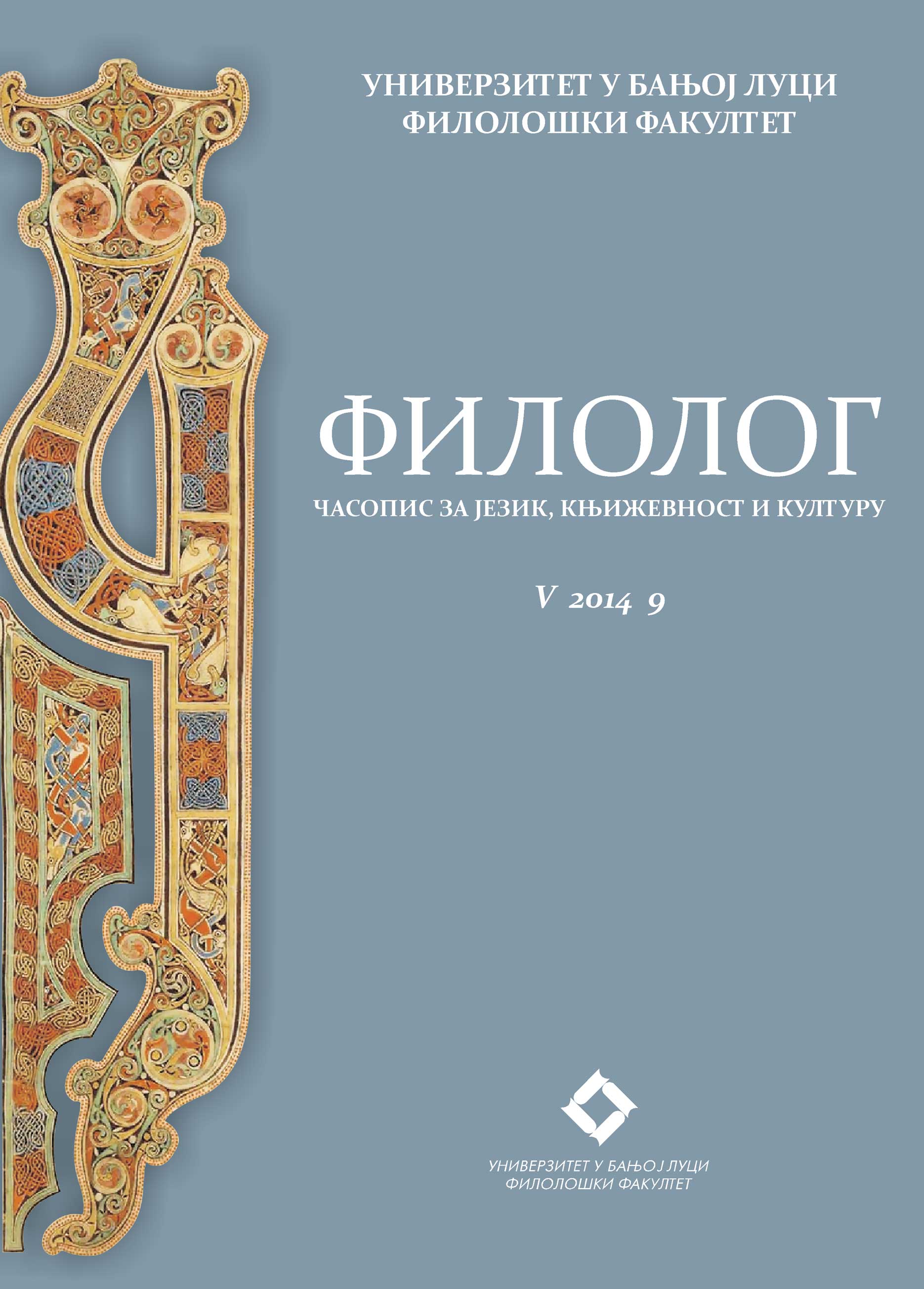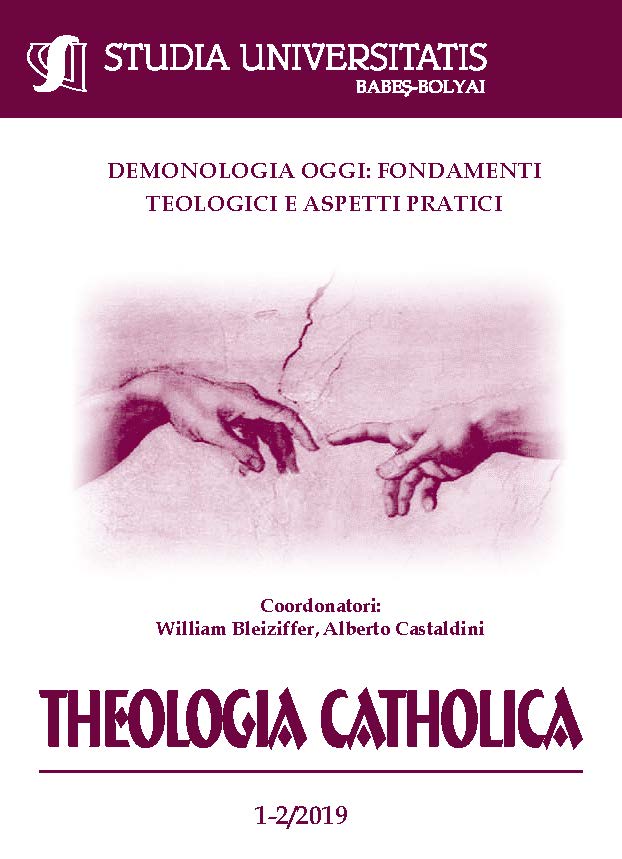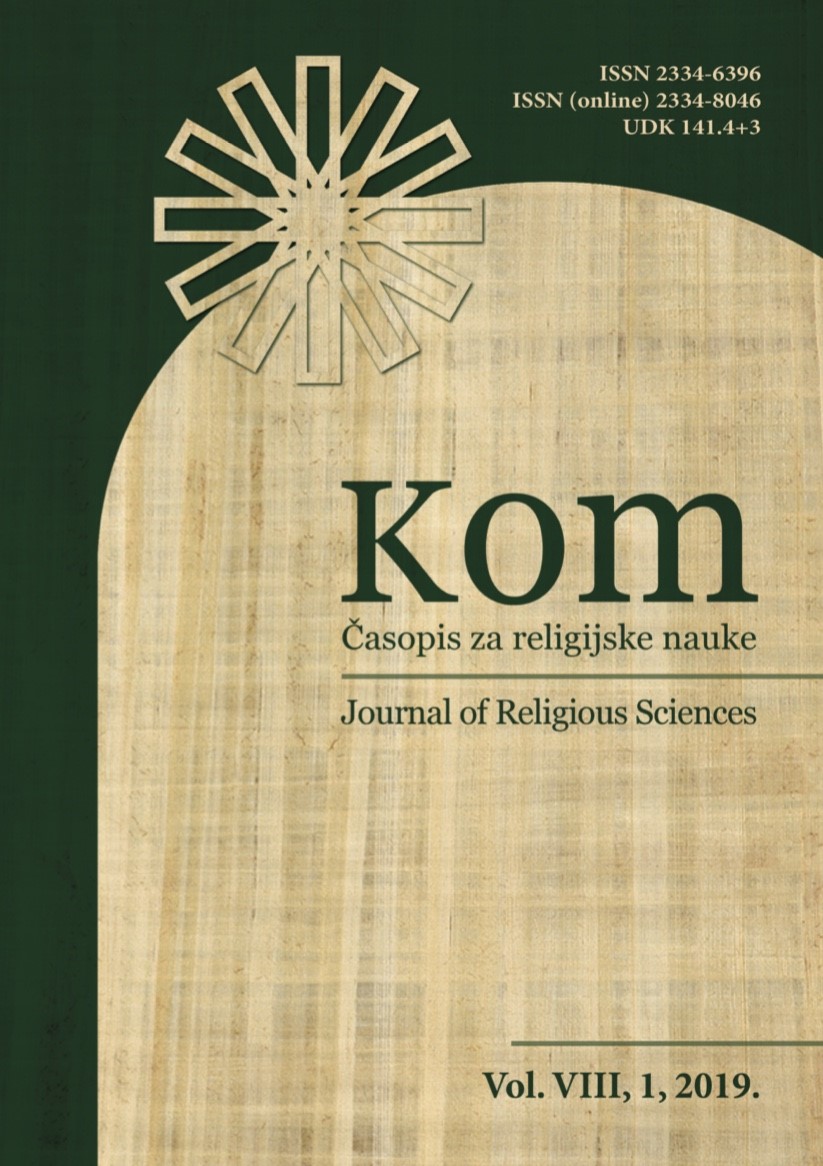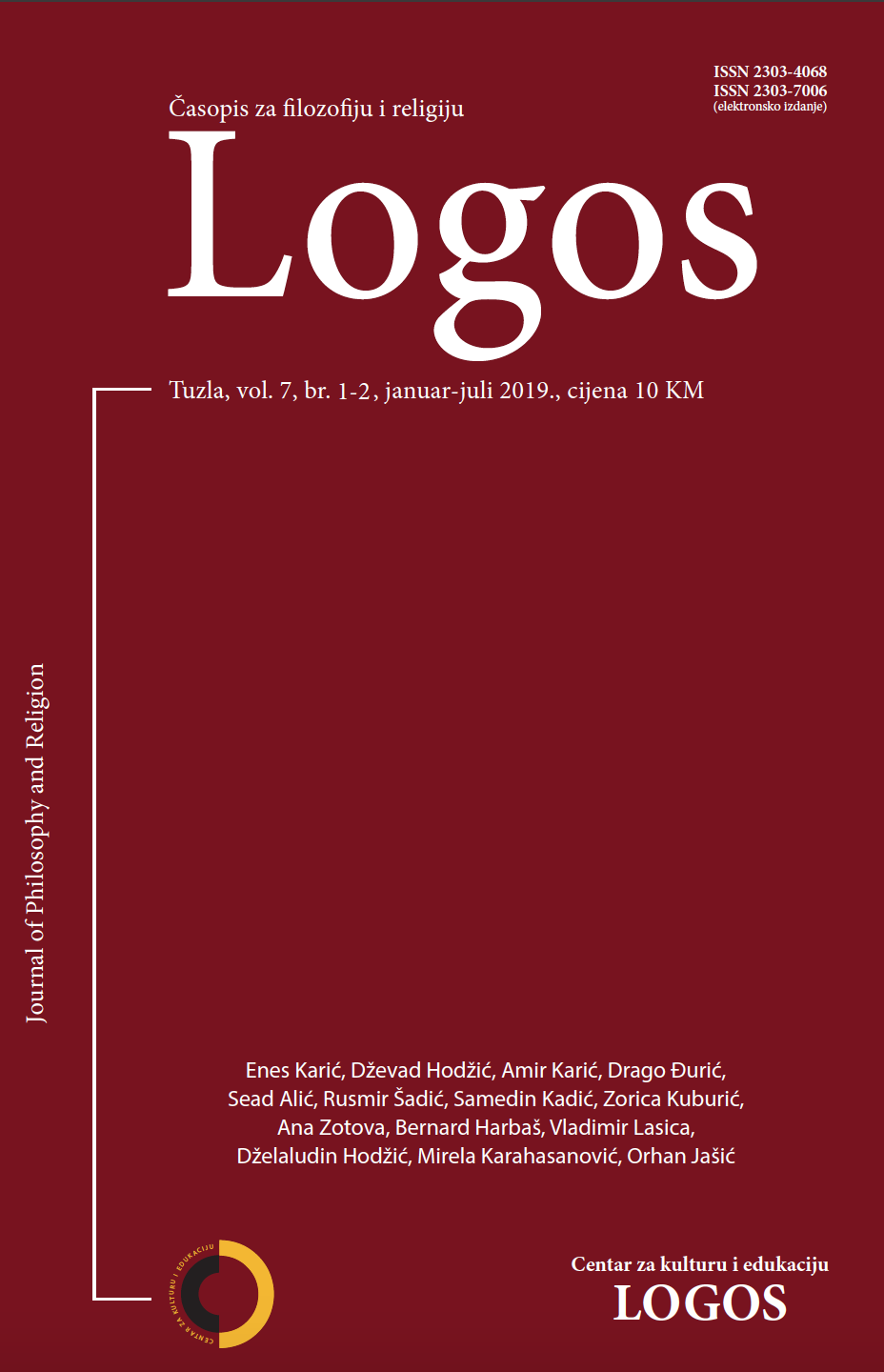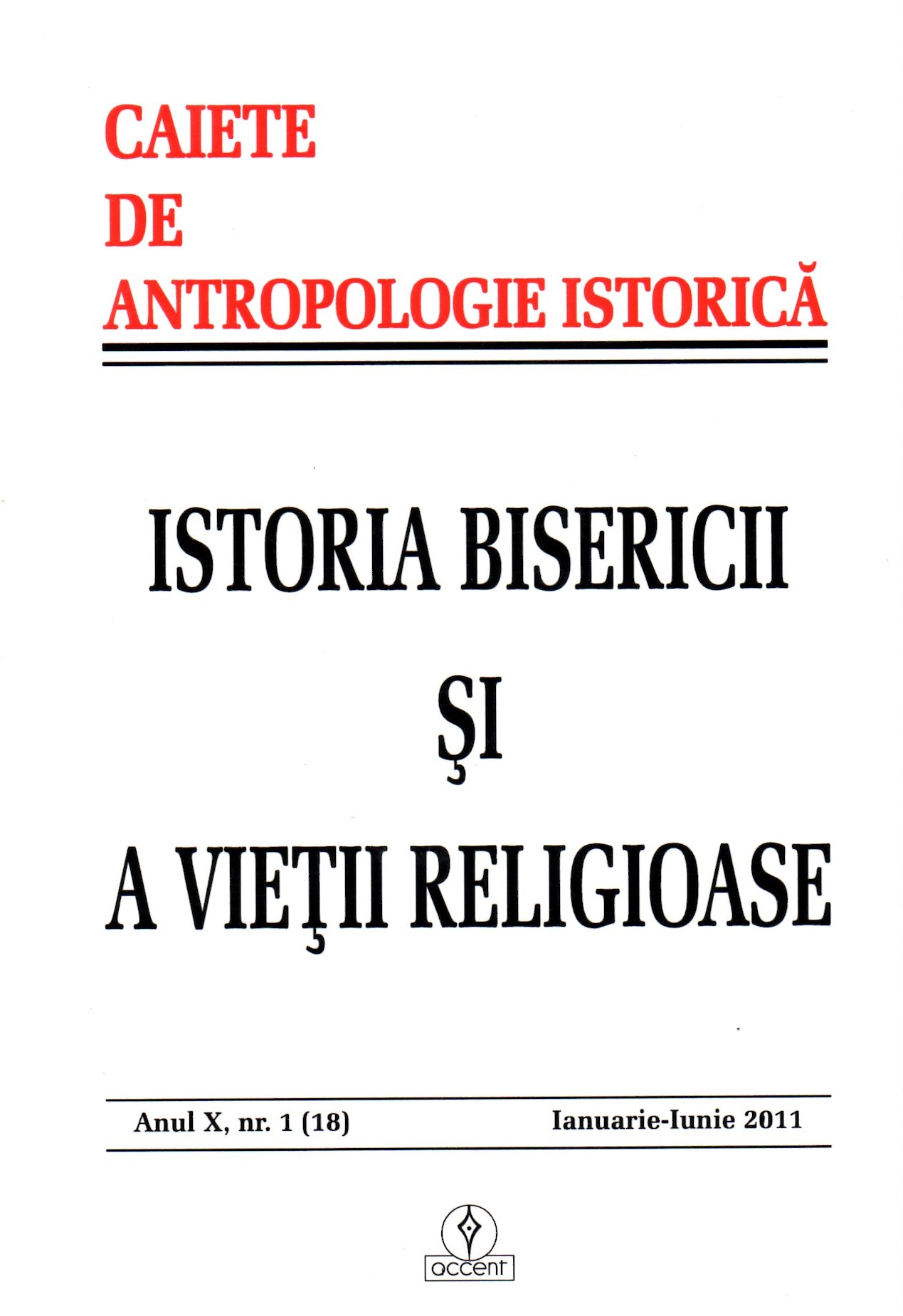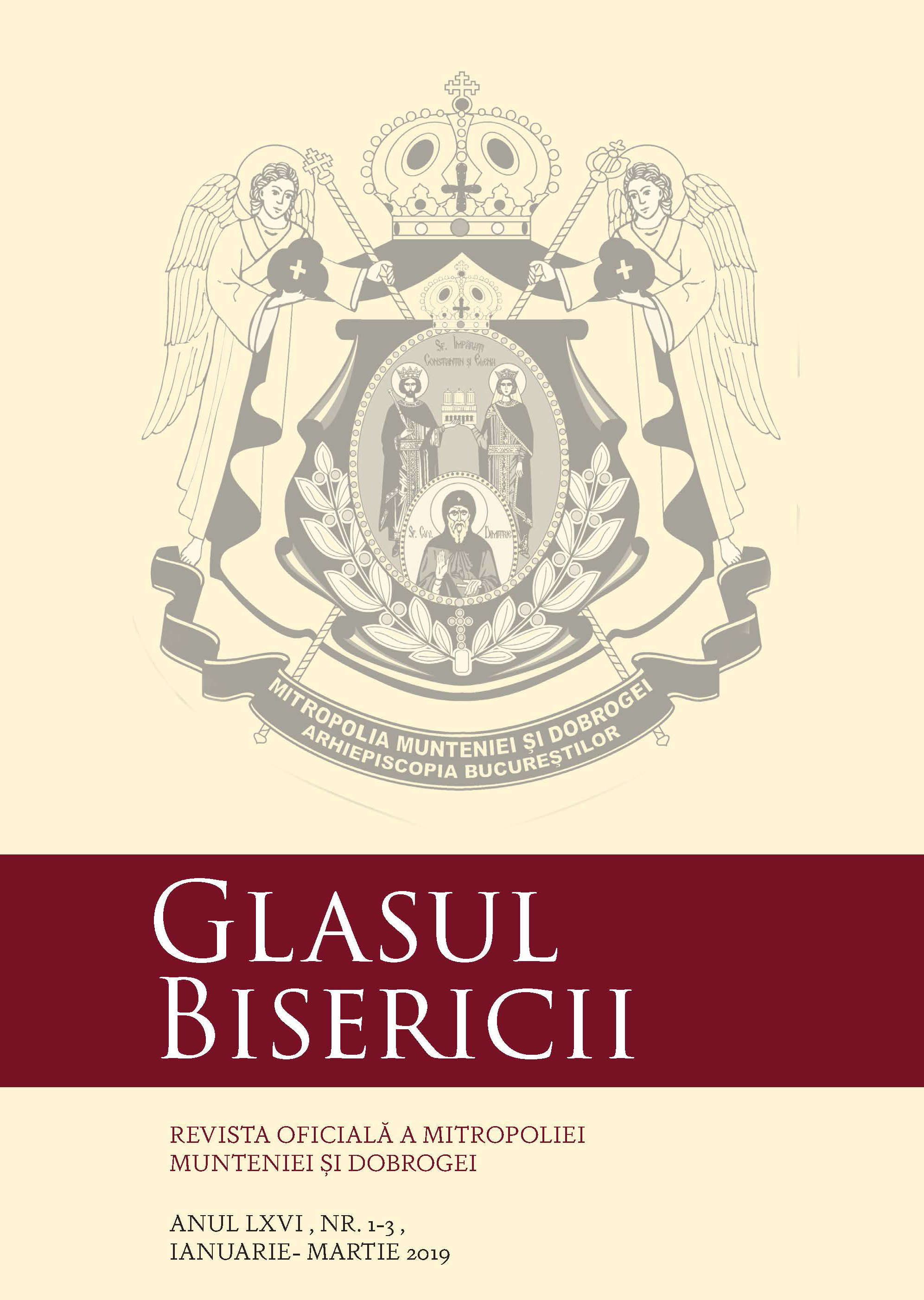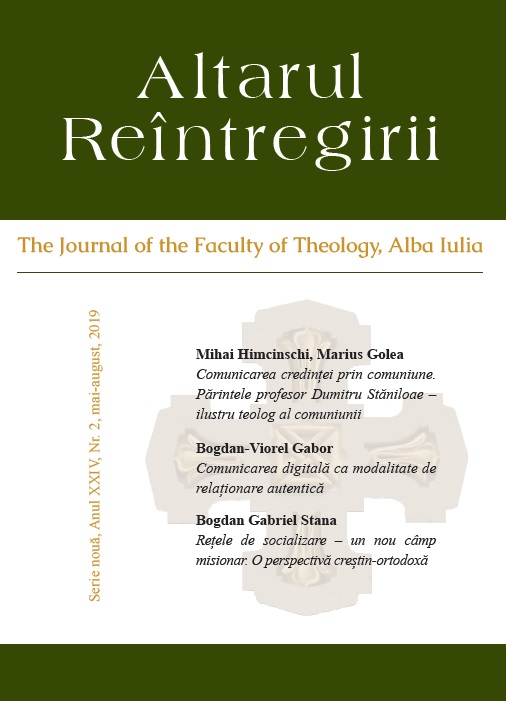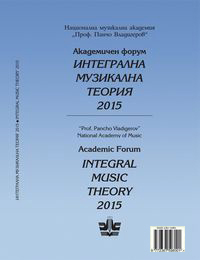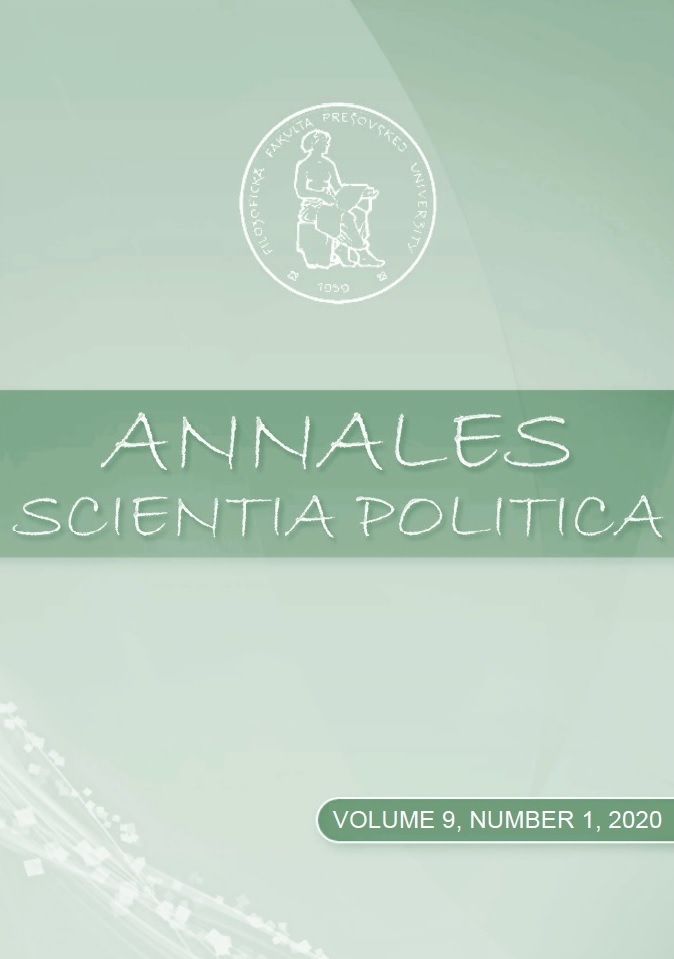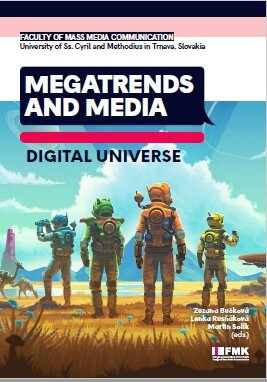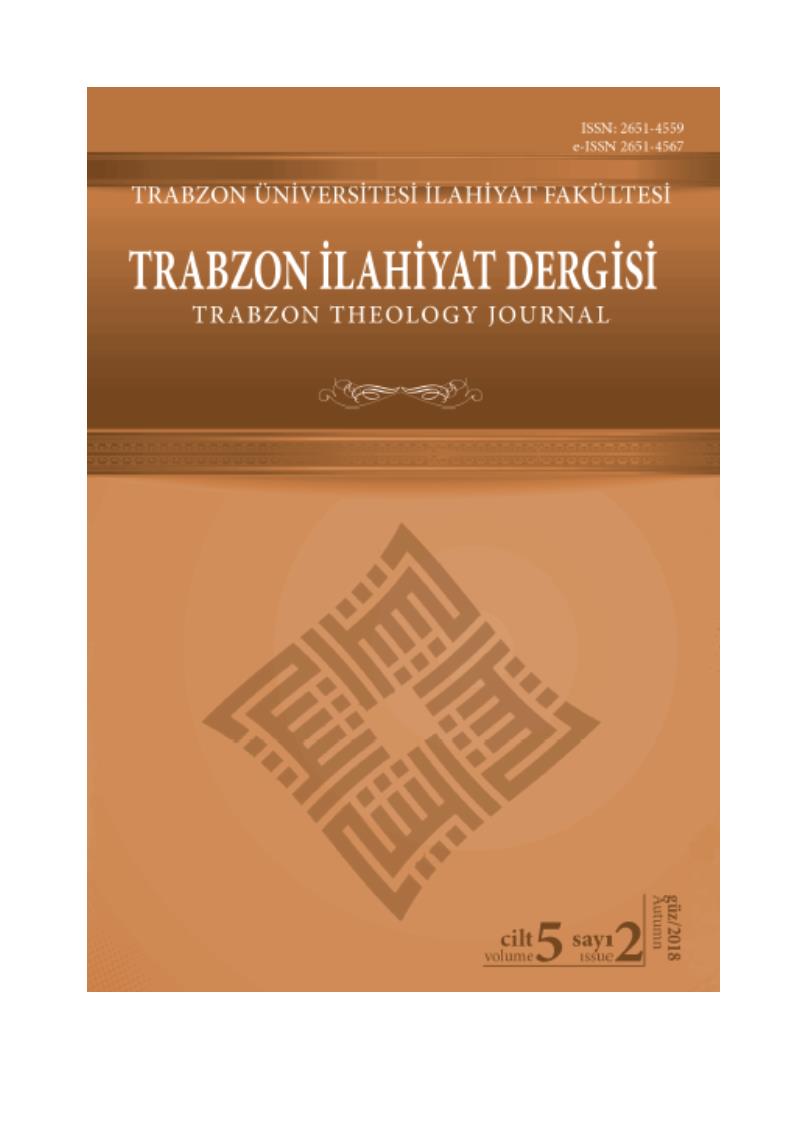
Thomas Paine’in Peygamberlik Hakkındaki Görüşlerinin Değerlendirilmesi
Thomas Paine was born at 1737 in Thetford, Norfolk, England. He died in 1809 in New York, America. His father was Quaker, and his mother was a member of Anglican sect. Paine was very impressed by Quaker which is his father’s sect. He regards this sect as deist than Christianity. Because they do not believe in the Prophet Jesus, and they regard the sacred texts as invalid laws. Because of this structure of the sect, it was not difficult for Paine to turn to deism. Paine opposed the execution of the French king, along with defending the republic against the rule of the kingdom. For this reason he was imprisoned in1793-1794. He wrote the first part of his book, “The Age of Reason” in which he defended Deism while in jail. When he left prison, he published the second part of the same book in1796. Despite his belief in Allah, but a deist opposed to an organized religion, this bookled him to be recognized as an atheist. Paine, in his book The Age of Reason, has shown in many examples that the Holy Book (Old and New Testament) of Jews and Christians can’t be God’s Word. He criticized prophecy, the possibilities of the inspiration and miracles
More...
